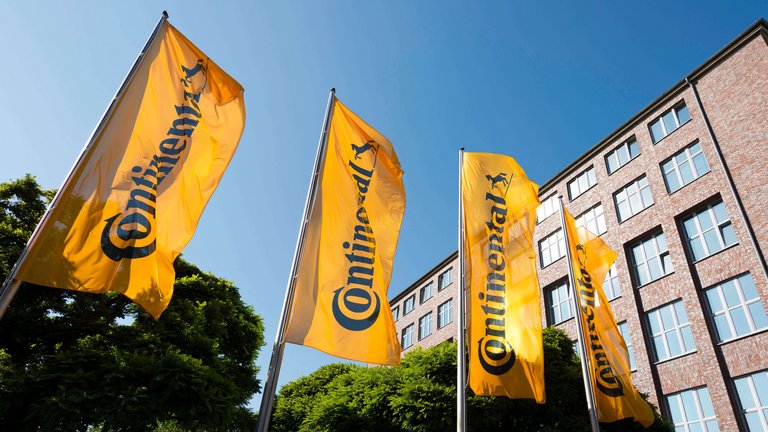Alakshendra Singh, Pune
Amid an apparent slow market, Continental are defying all odds in the face of rising costs of labour and a subpar performance by its auto division.
Continental provided an estimate for the current year that was consistent with market expectations, pointing out increasing costs and a flat vehicle market in 2024.
This year, the business anticipates paying an additional €500 million ($545 million) in compensation, primarily in its automotive section, which last year announced thousands of layoffs. Although the auto sector had a 10% increase last year, analysts predict that this year will see a largely flat market.
Performance was significantly impacted by the geopolitical environment, increased inflation-related expenditures of almost €1.4 billion, exchange-rate fluctuations, and high special goods costs. On its Capital Market Day in December 2023, Continental also discussed how it intends to boost wealth generation and meet its mid-term goals.
Continental AG had decided just weeks ago that there is going to be a huge layoff globally. The 7,150 layoffs represent around 3.6% of the manufacturer’s worldwide workforce, which has its headquarters in Hanover. Additionally, the business stated that it is exploring combining sites in Germany and other locations, particularly across research and development divisions.
Industry titans in Germany are having to make a difficult transition to a cleaner economy.
Although Continental’s automotive division has lagged behind competitors, its tyre and industrial hose businesses are doing well. According to Continental, returns in the automotive group are expected to increase to a range of 3 to 4 per cent. Due to improved supply networks and cheaper goods, margins increased to 1.9 per cent in the previous year.
Siedler, a representative for Continental while talking to Bloomberg emphasised that specific decisions will be shared with staff prior to being made public as the company assesses possible ways to improve its operating efficiency.
The company’s approach to addressing issues in the automobile sector is indicative of a larger trend in the sector, as producers are proactively adjusting to changing market conditions and looking for methods to stay competitive.
